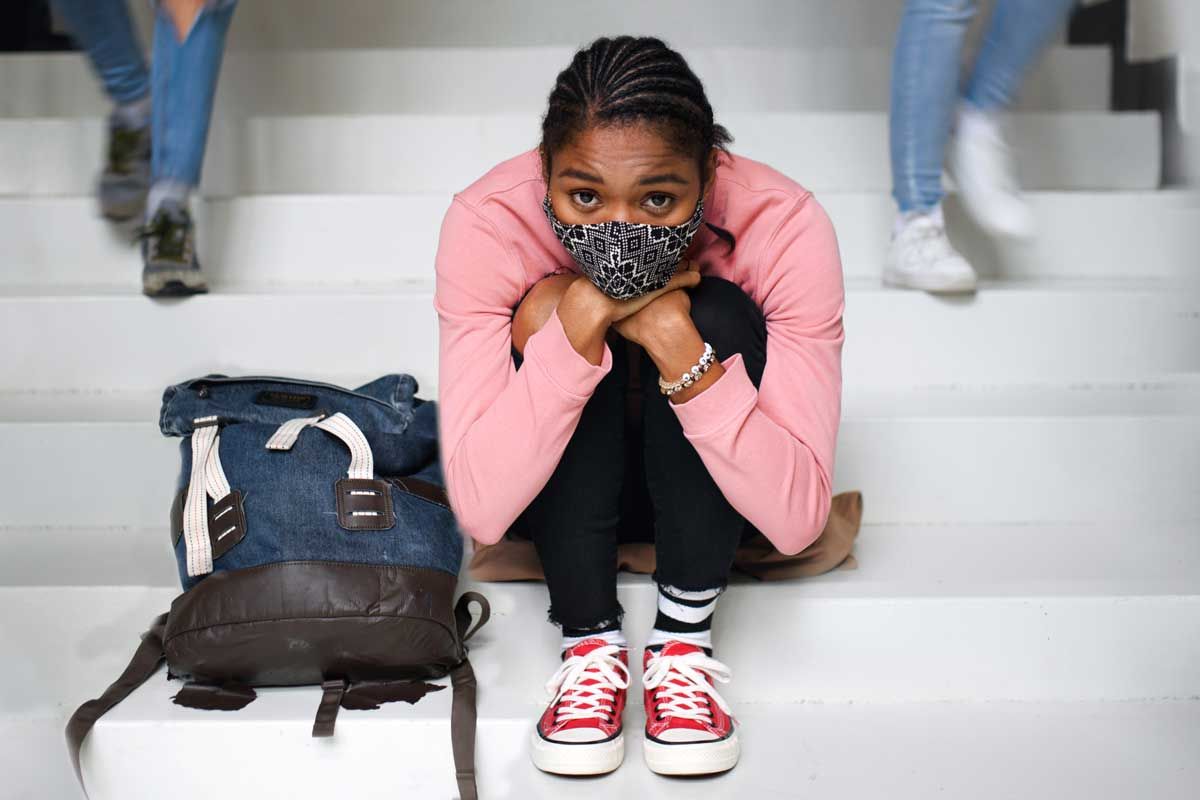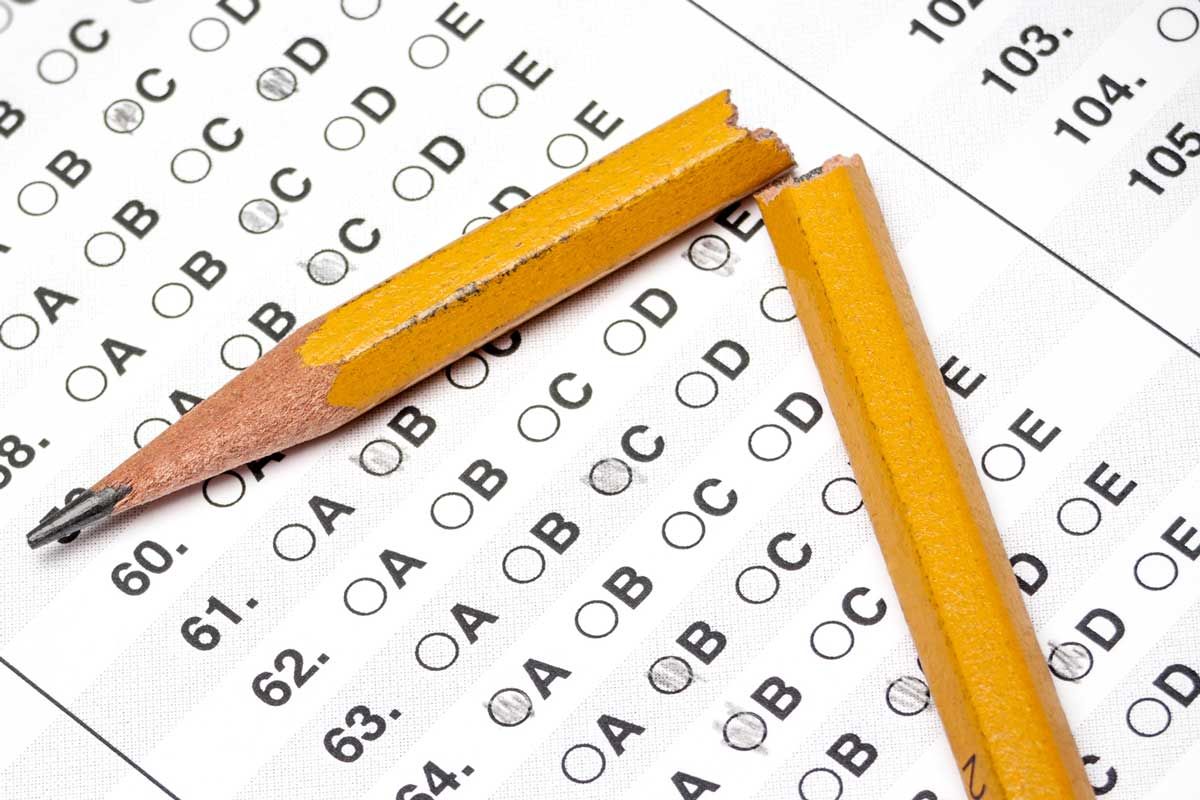
Fight For Racial Justice
No matter their color, background or ZIP code, every student deserves an equitable shot at success in our schools. Students deserve an education that imparts honesty about who we are, integrity in how we treat others, and courage to do what’s right to build a better nation and future for all. As stewards of future generations, we must not shy away from this responsibility. We must work to find common ground among our students, families and educators to ensure the next generation has the skills needed to better understand biases in our society and develop collective solutions to address those biases.
 Implement NYSED’s Diversity, Equity and Inclusion Framework and Establish Culturally Responsive Curricula
Implement NYSED’s Diversity, Equity and Inclusion Framework and Establish Culturally Responsive Curricula
In April of this year, the Board of Regents adopted the Diversity, Equity and Inclusion Framework[1] to encourage, support and guide school districts on this critical work. The framework touches on important issues, including diversifying the workforce and inclusive and culturally responsive teaching and learning. This framework is a call to action and should be implemented by all school districts.
Culturally responsive teaching and learning provide welcoming and supportive learning environments for all students, foster student success and bridge cultural divides in the classroom. These equitable practices, which may include simple measures like updating resources and implementing student-centered practices, are focused on sustaining safe, nurturing and engaging learning environments for all students.
“Counter to what you'd expect, not all schools have updated literature resources for our students in the early grades. I end up having to buy books myself. We need to introduce these in the lower levels – vary the materials, allow students to see themselves in the literature we teach. These are simple measures that can be adopted right now. What are we waiting for?”
~ Doreen Green-Pearl, United Federation of Teachers member and elementary classroom teacher
 Future Forward Task Force Recommendation
Future Forward Task Force Recommendation
The New York State Education Department should conduct a survey of school districts to identify those that are implementing changes as outlined in the framework and those that have not begun to do so in order to determine the districts that need support with implementation.
The Task Force recommends NYSUT’s support of the State Education Department’s expectations that school districts develop policies and practices that advance diversity, equity and inclusion and implement these policies with fidelity and urgency as well as their ongoing support of these initiatives in the field and their efforts to create culturally responsive-sustaining education resources for schools.
 Establish Regular Training For All School Staff on the Topics of Implicit Bias and Supporting Inclusivity
Establish Regular Training For All School Staff on the Topics of Implicit Bias and Supporting Inclusivity
Practical, effective professional learning initiatives that address diversity, equity and inclusion are readily available for adoption by school districts. A commitment to staff training and thoughtful discussions around DEI initiatives demonstrates an understanding of the importance of this work in our schools.
 Future Forward Task Force Recommendation
Future Forward Task Force Recommendation
As part of the enacted 2021-22 state budget, NYSUT received $1 million to provide implicit bias training to 10,000 educators across the state. Doubling this funding ($2 million) in the upcoming budget will ensure that more educators can participate in this training, which will improve school and classroom environments for students and educators. School districts should commit to providing implicit bias training for all staff.
 Strengthen and Diversify the Educator Pipeline Through Grow-Your-Own Initiatives
Strengthen and Diversify the Educator Pipeline Through Grow-Your-Own Initiatives
All students benefit from a diverse educator workforce.[2] As New York’s student population has grown increasingly diverse – students of color make up 56 percent of the total enrollment – the teacher workforce remains 80 percent white. Additionally, New York is facing a teacher shortage evidenced in part by a 50.4 percent decline in enrollment in New York state teacher education programs since 2009.[3]
NYSUT, through its Take a Look at Teaching initiative, is working to develop a robust educator pipeline in New York state to encourage young people and career changers to pursue careers in teaching and to increase diversity in the educator workforce. At the core of the initiative is the development and expansion of grow-your-own (GYO) initiatives that cultivate relationships between P-12 school district, higher education and community partners. These GYO programs provide valuable early experiences for students considering a career in education and help strengthen ties to community groups supporting students and families outside of school.
As we look to address the current educator shortage, New York must support and strengthen pathways for aspiring educators – including new students, career changers and teaching assistants – and remove impediments to preparation and teacher certification. These include:
-
Scholarship opportunities for education majors at SUNY and CUNY institutions. These programs should cover not only tuition, but fees and books as well;
-
Career ladders that provide education and certification pathways for teaching assistants (TA’s). Many Teaching Assistants have their associate or bachelor’s degree and need the financial assistance and supports to become certified as a teacher;
-
Programs designed for career changers. School districts should partner with higher education institutions to design programs tailored to career changers in high shortage areas, such as career and technical education. These individuals come to the classroom with a wealth of working knowledge developed through their employment history;
-
Fellowship opportunities within school districts. These programs provide pre-service training covering core teaching skills, customized academic programs, and support and guidance for fellows to obtain their teaching certification. New York City currently has a NYC Teaching Fellows program.
-
Residency programs developed through partnerships between State University of New York (SUNY) and the City University of New York (CUNY) programs and public school districts. Residency programs provide students with educational and teacher training and preparation as well as financial assistance in the form of stipends which allow students to fully focus on their studies and student teaching. Candidates are placed within a school building paired with a mentor and provided with a stipend to cover living expenses (which should be adjusted for regional cost of living factors) for the duration of the program. Such a program is being run in partnership with SUNY Plattsburgh, SUNY Empire State College and Russell Sage College.
-
Improved educator certification process. Over the past year, reports from the field describe delays in educators receiving their teacher certification. This backlog, caused by NYSED staffing challenges, is an unnecessary barrier to getting educators in the classroom. As part of the Board of Regents recently adopted budget and legislative priorities for 2022, the Regents are requesting $1.5 million for staffing needs to improve the certification process and timeframes to improve and speed up the certification process.
 Future Forward Task Force Recommendation
Future Forward Task Force Recommendation
The 2022-23 state budget should include $500,000 to provide grants to assist school districts with establishing and growing educator pipeline initiatives, such as GYO programs, and developing collaborations with established New York state programs that have a proven track record of engaging students of color. School districts must also review and update their hiring practices and work to identify and remove any obstacles or hurdles that create barriers to educators of color.
The 2022-23 State Budget should include an additional $5 million to expand the successful Teacher Opportunity Corps to expand the number of diverse teacher candidates available to be hired by districts throughout New York State.
As part of the State Fiscal Year 2022-2023 budget, New York should allocate $20 million to provide scholarship opportunities to potential educators.
New York State should provide $30 million for the creation of programs to support career ladders, career changers, fellowship and residency programs.
As part of the State Fiscal Year 2022-2023 budget, the Regents request of $1.5 million for staffing should be adopted to improve the teacher certification process.





